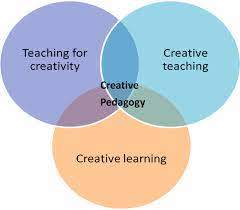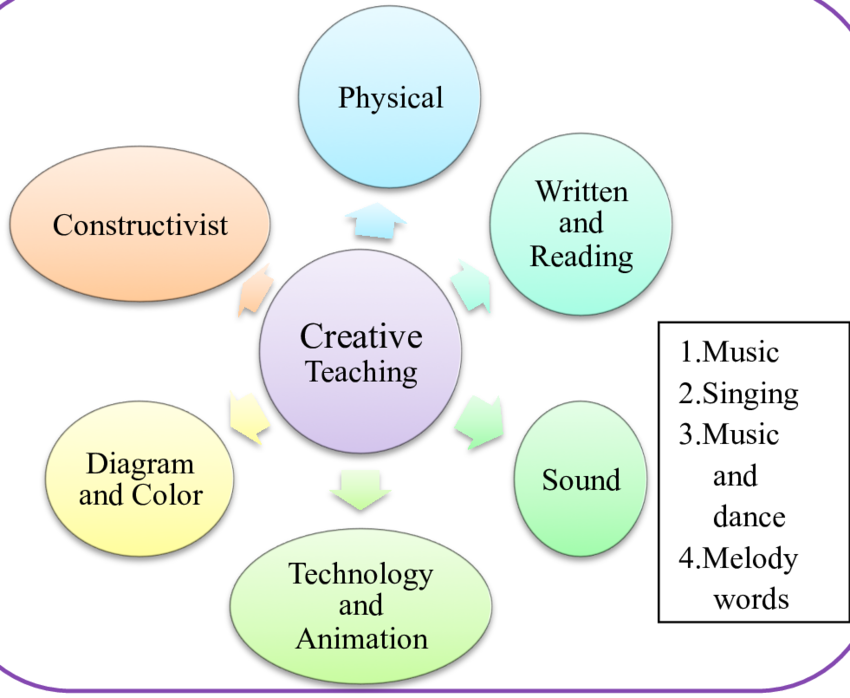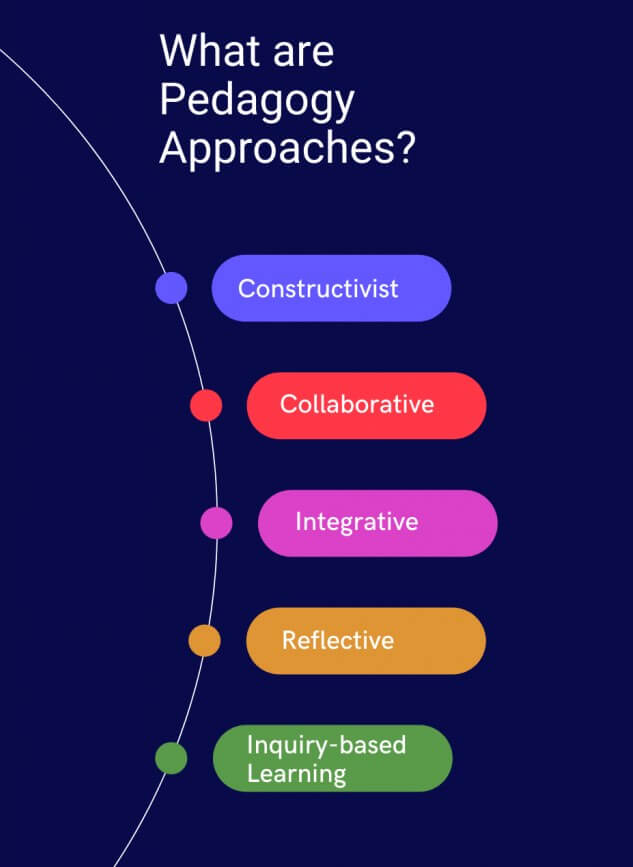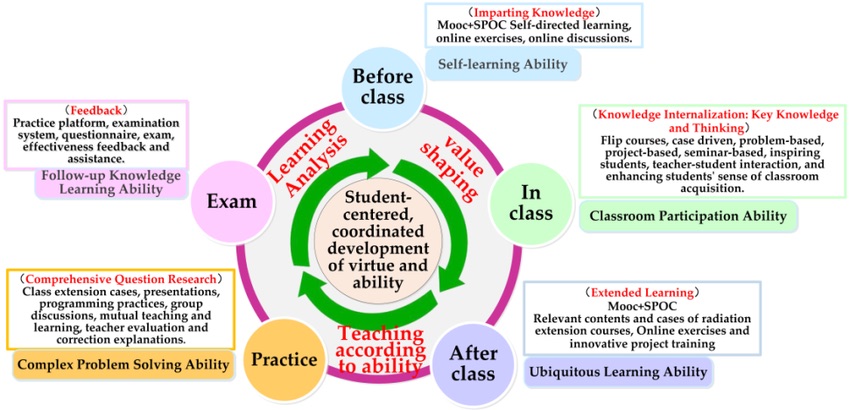WORKSHOP–INNOVATIVE AND CREATIVE PEDAGOGICAL PRACTICES
(MAY 31, 2024)
"The art of teaching is the art of assisting discovery. Innovative classroom practices ignite curiosity, foster critical thinking, and transform students from passive receivers of information into active participants in their learning journey."
Innovation can be broadly thought of as new ideas, new ways of looking at things as well as adopting new methods. Creativity is an active process necessarily involved in innovation. Creative thinking is defined as the thinking that enables students to apply their imagination to generate ideas, questions and hypotheses. It involves experimenting with alternatives, evaluate their own and their peers’ ideas, final products and processes.
An enriching and knowledgeable workshop that provided a platform for the teachers to adopt various effective techniques for innovative and creative pedagogical practices was conducted by the Middle Wing Headmistress, Ms. Shalini Tandon that on May 31, 2024. Each pedagogical practice aims toward accomplishing different goals in the classroom. This session mainly focused on the following:
and included the following:
· Course Knowledge, Objectives and Structure - revolves around Lesson planning, the relation between previous and current ongoing lessons, outcomes, skills, and real-world application.
· Facilitator Communication and Behaviour - focuses on communication skills between teacher and student, critical thinking, and fostering a learning environment in the classroom.
· Instructional Practices and Classroom Routine - communicate clear directions for multiple tasks, flexible use of space/technology, time, and materials, displaying effective leadership management in the classroom.
· Positive and Supportive Learning Environment - demonstrates respectful behaviour toward students, acknowledges students strength and successes, and emphasizes on competition against self and not with other students.
· Delivery Style - very important in the classroom as voice modulation is required, maintaining eye contact with students every time, proper usage of appropriate language, instructional aids, technology, and creative interaction with students.
· Student Assessment - with the help of pre-assessment task and post-assessment task, group activity, oral questioning, and worksheets.
· Written Work - be presented neatly, quality and quantity should be appropriate, and notebook correction by the teacher should be done vigilantly.
Incorporating these innovative classroom practices is essential for preparing students to navigate the complexities and opportunities of the 21st century. By embracing technology, promoting active learning, differentiating instruction, fostering a growth mindset, cultivating global competence, and emphasizing collaboration and communication, teachers can create dynamic, inclusive, and engaging learning environments.
These practices not only enhance academic achievement but also support the holistic development of students. As educators we must continue to adapt and refine techniques and methods as they play a crucial role in shaping the future by empowering the next generation of learners. It was a very uplifting and inspiring session.




